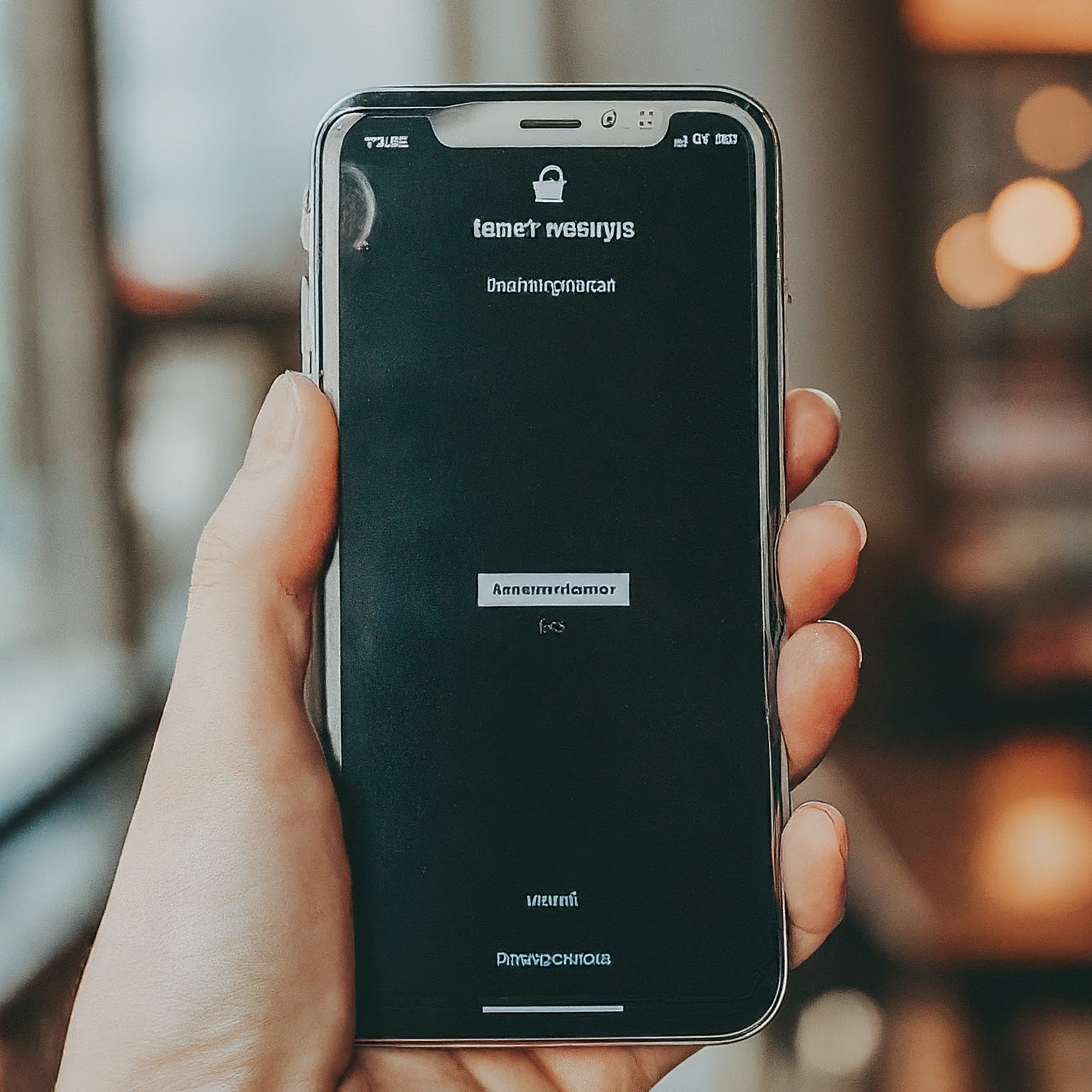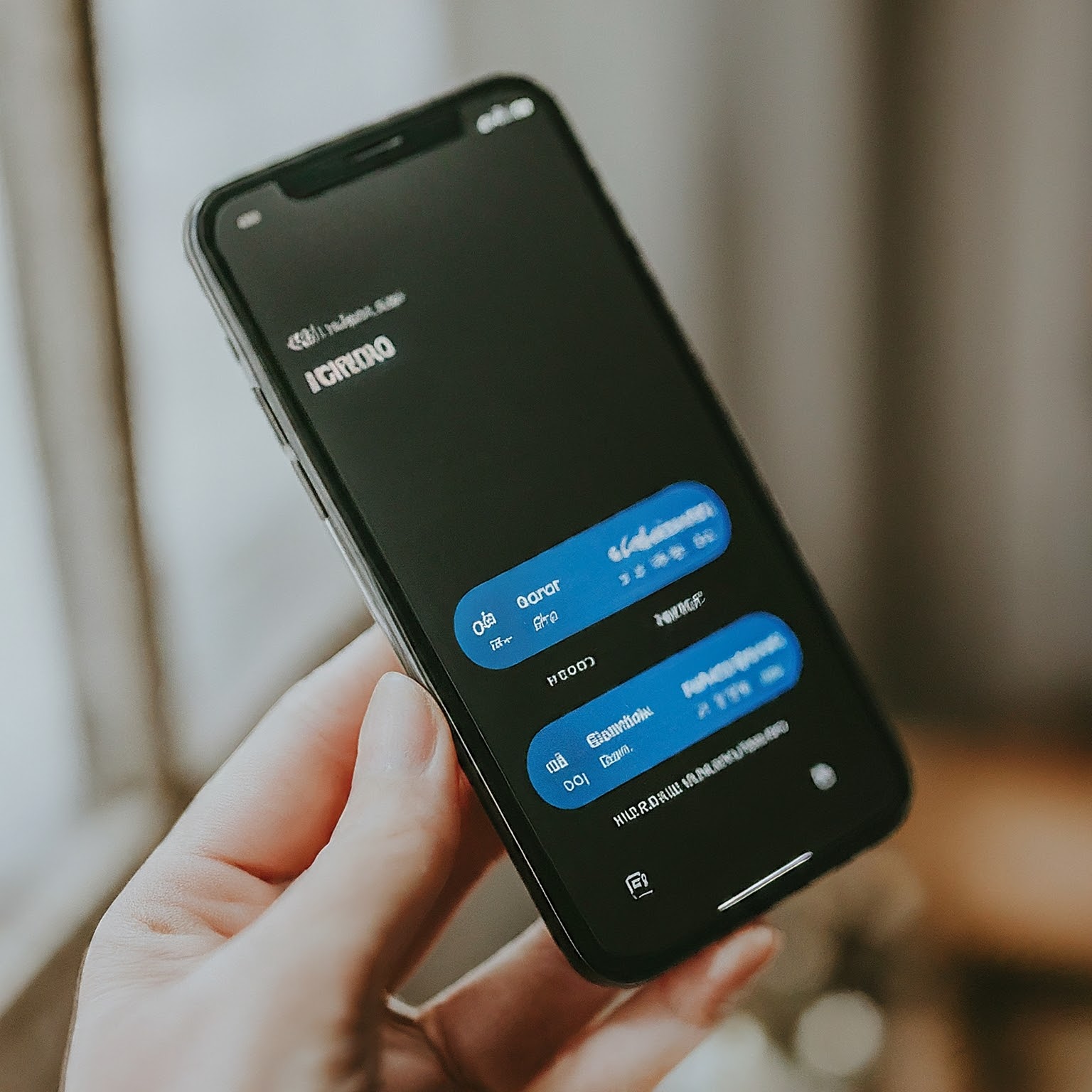In the era of digital communication, privacy and anonymity have become increasingly sought-after commodities. The use of call blocking codes like *67 is a well-known tactic for masking your phone number when making calls. But does this strategy extend to text messages? Can you effectively text someone with *67 and maintain your anonymity? This comprehensive article delves into the intricacies of call blocking codes, their functionality with text messages, alternative methods for anonymous texting, and the ethical considerations surrounding this practice.

Understanding Call Blocking Codes
Call blocking codes, such as *67 in North America or 141 in the UK, are vertical service codes that temporarily block your caller ID from being displayed on the recipient’s phone. This means that when you make a call using *67, your number will appear as “Private” or “Blocked” on the recipient’s screen.
These codes are primarily designed for phone calls and are not inherently compatible with text messaging. The underlying technology that enables call blocking codes focuses on manipulating the signaling information associated with a phone call, which is distinct from how text messages are transmitted.
Can You Text Someone With *67?
In short, no. Using *67 before a phone number in a text message will not hide your number from the recipient. The code will simply be treated as part of the phone number itself, and your text will be sent as usual, with your number displayed.
This is because text messages are transmitted using a different protocol than voice calls. SMS and MMS messages are sent as data packets over the cellular network, and the sender’s phone number is typically embedded within the message header. This information is usually visible to the recipient, regardless of whether a call blocking code was used.

Why *67 Doesn’t Work for Texting
The reason why *67 and other call blocking codes are ineffective for texting lies in the fundamental difference between voice calls and text messages.
Voice calls are established through a circuit-switched network, where a dedicated connection is established between the caller and the recipient. Call blocking codes manipulate the signaling information within this network to mask the caller’s ID.
Text messages, on the other hand, are transmitted through a packet-switched network, where data is broken down into smaller packets and routed through the network independently. The sender’s phone number is usually included in the message header, which is not affected by call blocking codes.
Alternative Methods for Anonymous Texting
While using *67 to text anonymously is not feasible, there are alternative methods you can explore:
- Use a Temporary Phone Number: Services like Google Voice or Burner allow you to create temporary or virtual phone numbers that you can use for texting without revealing your actual number.
- Anonymous Texting Apps: Several apps, such as TextNow or TextMe, offer anonymous texting features that allow you to send messages without revealing your identity. However, exercise caution when using such apps, as they may not be as secure as traditional messaging platforms.
- Web-Based Texting Services: Some websites allow you to send anonymous text messages through their platforms. However, be aware that these services may not be reliable or secure.
- Spoofing Apps: These apps allow you to send text messages with a fake sender ID. However, this practice is often frowned upon and may be illegal in some jurisdictions.
Ethical Considerations of Anonymous Texting
While anonymous texting can be useful for protecting privacy or expressing opinions without fear of repercussions, it’s important to consider the ethical implications. Anonymity can be misused for harassment, cyberbullying, or other harmful activities.
It’s crucial to use anonymous texting responsibly and ethically, respecting the rights and feelings of others. If you’re using anonymous texting for legitimate purposes, such as whistleblowing or reporting abuse, prioritize your safety and take necessary precautions.
Legal Implications of Anonymous Texting
The legality of anonymous texting varies depending on your jurisdiction and the specific circumstances. In some cases, anonymous texting may be considered illegal if it’s used for harassment, threats, or other malicious purposes.
Before using anonymous texting services, it’s advisable to research the relevant laws in your region to ensure compliance and avoid legal repercussions.

Conclusion
The question of “Can you text someone with *67?” has a clear answer: No. While call blocking codes like *67 are effective for masking your caller ID during phone calls, they do not apply to text messages.
If you desire to send anonymous texts, several alternative methods exist, such as using temporary phone numbers, anonymous texting apps, or web-based services. However, it’s crucial to use these tools responsibly and ethically, considering the potential impact on others and the legal implications.
In an increasingly digital world, privacy and discretion are valuable commodities. By understanding the limitations of call blocking codes and exploring alternative methods for anonymous texting, you can make informed decisions about how you communicate and protect your privacy.